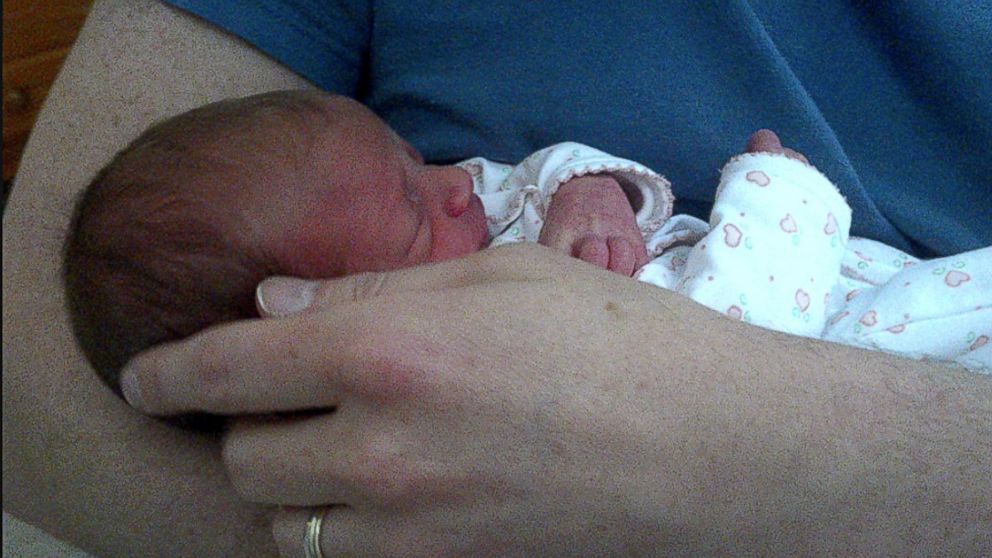CNN Reporter Accuses Time Warner of Discriminating Against Biological Dads
Family-work experts say discontent by younger dads show a generational rift.

Nov. 2, 2013 — -- A journalist for CNN is accusing Time Warner of gender discrimination, saying the company gives most parents, including adopting families, longer paid family leave than what it offers biological fathers.
Josh Levs, based in Atlanta, Ga., said that Time Warner offers 10 weeks of paid-time leave to mothers (biological and adopting) and adopting fathers but not to biological dads, who are offered two weeks of paid time off. Both are more generous than what is required legally by the Family and Medical Leave Act, which typically mandates that employers provide 12 weeks of unpaid leave to new parents.
"Under Time Warner rules, I have only two choices: stay out for 10 weeks without pay, or return to work and hire someone to come to our home each day," Levs, who is in his 40s, wrote on his Tumblr page. "Neither is financially tenable, and the fact that only biological dads face this choice at this point in a newborn's life is ludicrous. Time Warner has two policies that create this discriminatory result. The first: Women who give birth get 10 weeks off, paid. The second: Women or men who have babies through adoption or surrogacy have the option of 10 weeks off, paid, to be caregivers to their new children."
New fathers are increasingly filing similar work-leave lawsuits, reflecting different generational assumptions about parenting, according to Joan Williams, law professor and director of the Center for Work Life Law at the University of California, Hastings.
"Millennial men have different assumptions and tend to assume that to be a good father means being involved in daily care of children," said Williams, who is not involved in Levs' case. "That's something very new."
Read More: Yahoo Ups Competition in Employee Perks
Levs' attorneys filed a complaint with the Equal Employment Opportunity Commission this week, accusing the company of violating the Civil Rights Act of 1964 for discriminating against him for his gender.
"We're so used to the stereotype of women being caregivers that we don't often think about the role that biological fathers play, which to me is equally important," said Andrew Coffman, Levs' attorney.
Before his third child was born last month, Levs said he "followed protocols" in asking Time Warner to change the policy to permit the "same" paid leave to biological fathers.
"Finally, after I pushed yet again, Time Warner rejected my request last week — 11 days after my child was born, while I was already out taking care of her," Levs wrote in his blog. (Levs could not be reached for comment by ABC News.)
A spokesman for Time Warner provided a statement to ABCNews.com that read, "We don't comment on pending legal matters, however it should be noted that Time Warner and its businesses have been recognized for providing employees with some of the most progressive and inclusive benefits available. The company's parental leave policy is fair, non-discriminatory, flexible and available to all employees."
Time Warner's reported policy of 10 weeks of paid leave appears to be more generous than what is standard for even women who give birth.
According to maternal disability law, a woman who gives vaginal birth typically has six weeks of disability leave while a woman who gets a caesarean procedure usually gets eight.
Justine Lisser, a spokeswoman for the EEOC, said the "crucial issue" in a hypothetical case of a man denied paid leave for caregiving is the nature of the leave for women.
If the leave is specifically to recover from the medical condition of pregnancy, it is not discriminatory to deny the same amount of leave to men for caregiving, Lisser said.




